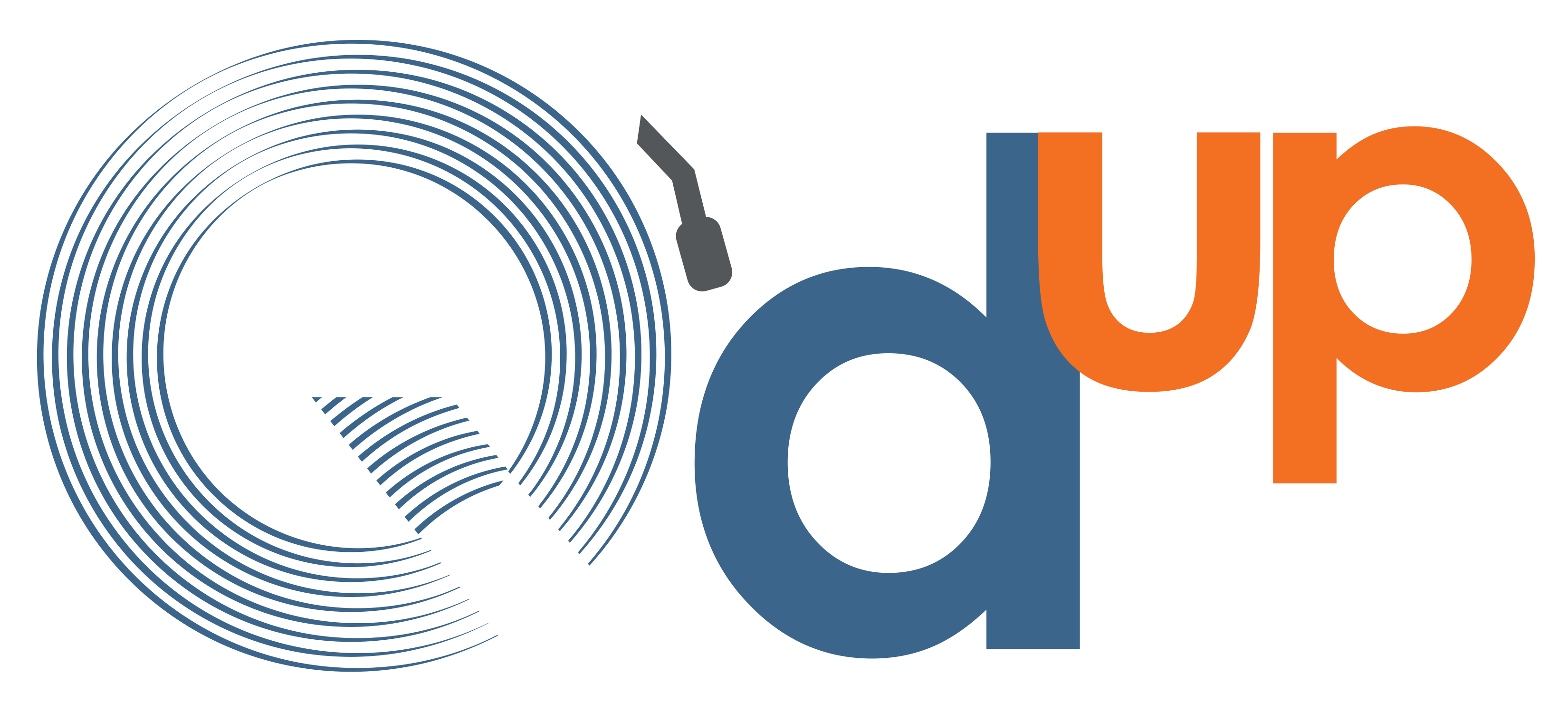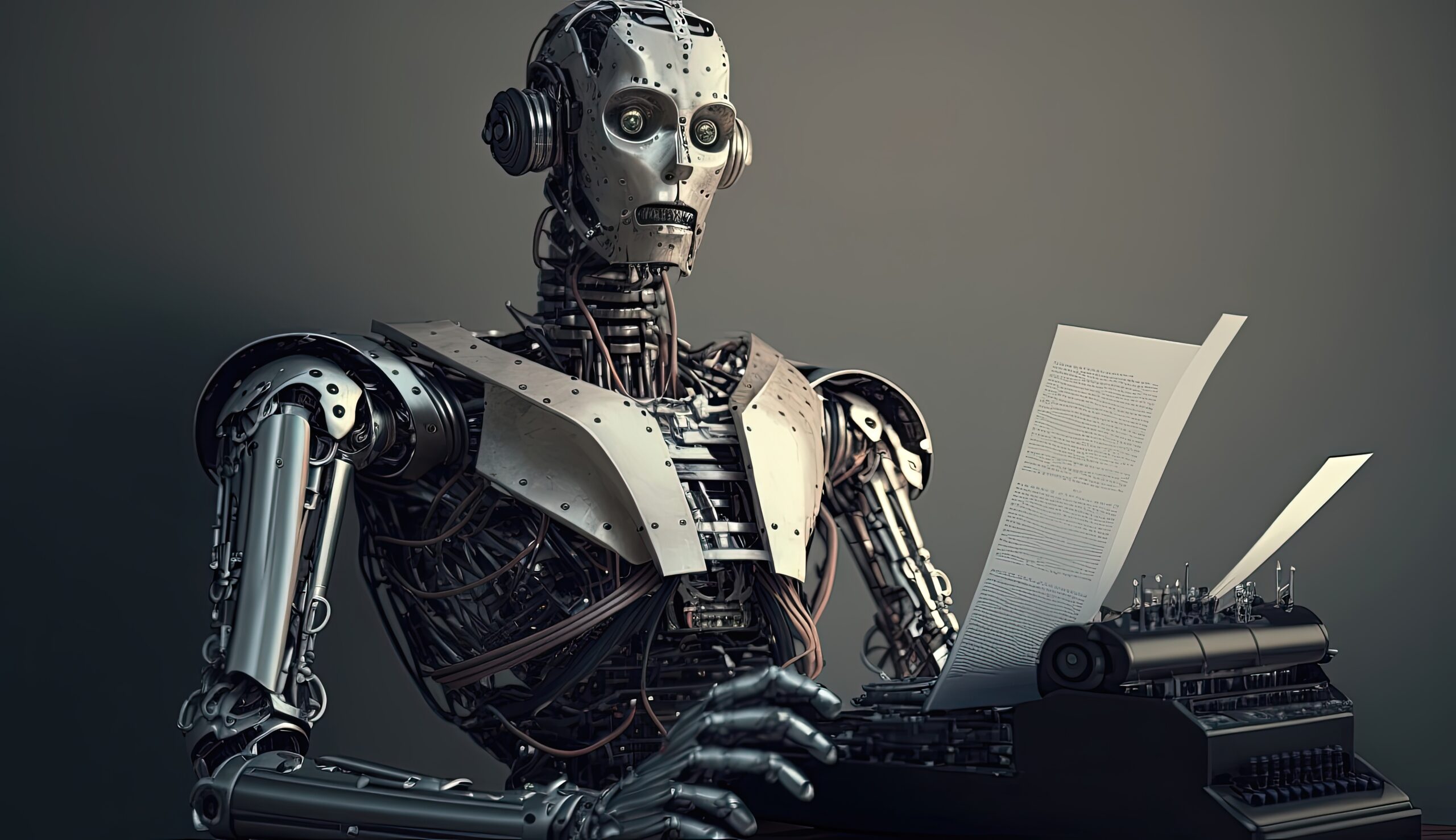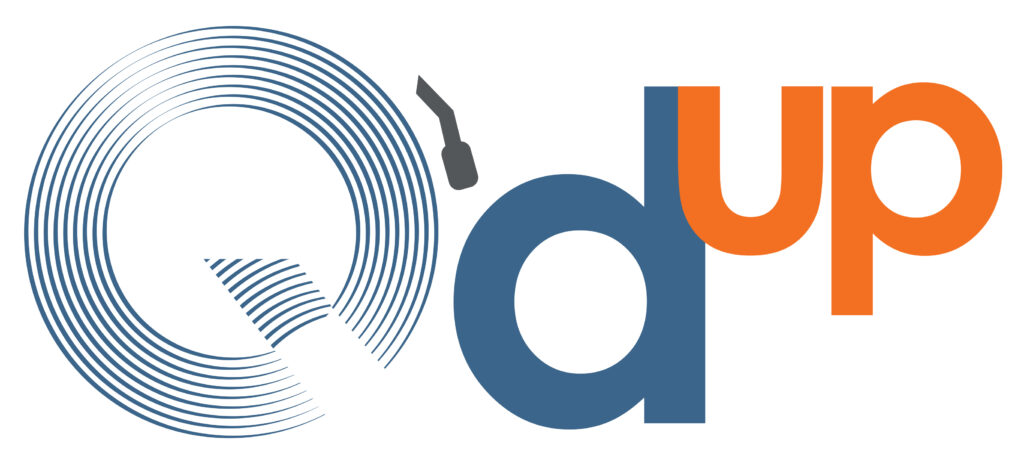In recent years, the landscape of content marketing has undergone significant shifts. Two keywords have dominated these changes: Artificial Intelligence (AI) and Automation. Integrating AI and automation within content creation and distribution is not just a fleeting trend; it’s a profound transformation shaping how brands connect with their audience. About 73% of executives from both B2B and B2C marketing domains have welcomed generative AI in their companies, with 31% of the remainder planning to adopt it within the next year1.
The Rise of AI in Content Creation
Content creation has always been the realm of creatives – writers, designers, videographers, and other artists. However, AI’s foray into this field has been revolutionary.
Automated Content Generation:
Platforms like OpenAI’s GPT-4 can generate content on various topics. For instance, AI tools can produce financial reports, news summaries, and even creative pieces with minimal human intervention.
Personalization at Scale:
AI can analyze vast datasets to understand individual preferences, tailoring content to cater to specific audience segments. Netflix’s recommendation engine and Amazon’s product suggestions are perfect examples of AI-driven personalization.
Enhanced Creativity:
Instead of replacing creatives, AI can assist them. Tools like DALL·E, an AI image generator, can produce visual content based on textual prompts. Approximately 67% of marketing executives believe that AI has considerably enhanced their content creation process1. Such advancements empower creatives to conceptualize beyond traditional boundaries.
Automation in Content Distribution
While AI significantly impacts content creation, automation streamlines the content’s delivery to its intended audience.
Scheduled Posting:
Automation tools like Buffer or Hootsuite allow marketers to schedule posts across multiple platforms, ensuring timely delivery without manual intervention.
Audience Segmentation:
Automation can segment email lists based on user behavior. For instance, users who frequently open emails about a particular topic can receive more of such content, increasing engagement rates.
Performance Analytics:
Automated analytics tools provide insights into content performance, enabling marketers to adjust their strategies based on real-time feedback.
Benefits of Merging AI and Automation
The combination of AI and automation in content marketing presents numerous advantages:
Consistency:
Automation ensures that content distribution follows a consistent schedule, while AI ensures the content remains relevant and high-quality.
Efficiency:
Manual tasks like data analysis, content drafting, or posting schedules can be time-consuming. Automation and AI expedite these processes and reduce content production costs by roughly 40% and save about 50% of the time usually spent by human content creators1, allowing teams to focus on strategic planning.
Enhanced User Experience:
AI-driven personalization ensures that audiences receive content that resonates with their preferences, leading to increased engagement and loyalty.
Potential Pitfalls and Ethical Considerations
While the advantages are many, there are potential pitfalls and ethical considerations:
Over-reliance on AI:
Solely depending on AI for content can make it impersonal. It’s essential to strike a balance between machine-generated and human-curated content.
Privacy Concerns:
Personalization requires data. Brands must ensure they’re transparent about data collection and adhere to privacy regulations.
Loss of Jobs:
There’s a fear that AI might replace human roles. However, the ideal scenario is one where AI complements human creativity, not replaces it.
The Future of Content Marketing with AI and Automation
The global AI in the content creation market is expected to reach $1.8 billion by 20262. The integration of AI and automation in content marketing is still in its nascent stages. As these technologies evolve, we can expect:
Voice and Visual Search:
As voice-assisted devices and visual searches become prevalent, content must be optimized for these mediums.
Interactive Content:
With AI, interactive content like chatbots or augmented reality experiences will become more sophisticated, offering richer user experiences.
Continuous Learning:
AI will continue to learn and adapt, ensuring content remains relevant amidst changing consumer preferences and global trends.
AI and automation are redefining content creation and distribution, offering unprecedented advantages while also presenting challenges. As with any transformative technology, the key lies in adaptability and a balanced approach. Brands that can harness the power of these tools while retaining the human touch will undoubtedly lead the content marketing realm in the years to come.



